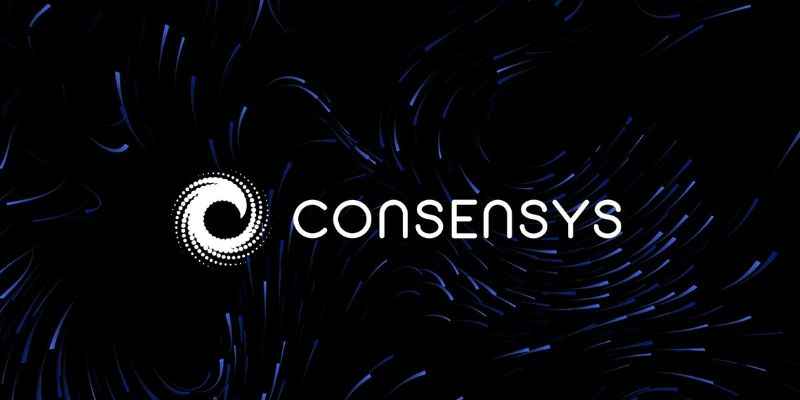ConsenSys Launches ‘Ethereum Climate Platform’ To Mitigate Ethereum’s Emissions
ConsenSys, an Ethereum software company and the lead engineering team that oversaw the Merge – Ethereum’s transition from proof-of-work (PoW) to the eco-friendly proof-of-stake (PoS) consensus – launched the Ethereum Climate Platform (ECP) at the COP27 Climate Action summit held in Sharm el-Sheikh, Egypt.
ConsenSys Launches ‘Ethereum Climate Platform’
ECP is a framework built into the Ethereum ecosystem that will help the decentralized network mitigate excess energy it consumed prior to becoming a PoS blockchain. The platform led by ConsenSys and climate-foused blockchain firm Allinfra is supported by a coalition of 18 tech companies including Microsoft, Polygon, Aave, Global Blockchain Business Council, Huobi, Laser Digital and Enterprise Ethereum Alliance.
The group will use blockchain-based technologies, funding mechanisms and governance protocols to invest in environmentally friendly projects that are in alignment with the United Nations’ climate goals for 2030.
“The Merge set a new and extremely high bar for climate mitigation across the entire business and financial sector. It demonstrated that through sheer force of collective will, we can successfully drive technological decisions that massively reduce carbon output,” said ConsenSys CEO Joseph Lubin.
Ethereum completed its highly anticipated ‘Merge’ upgrade in September. By transitioning from the energy-dependent PoW to the energy-efficient PoS consensus, Ethereum is on track to solve its scalability issues that were causing network congestion and slow processing speeds. Merge enhanced the blockchain’s speed, efficiency and scalability.

Under the PoW mechanism, Ethereum miners had to first solve cryptographic puzzles with the help of high-performance computers before creating a block. With every block created and ETH mined, miners also received the tokens as reward for participating in the network. However, this highly competitive and energy-intensive method used by miners to validate transactions on the blockchain generates excess energy that goes to waste.
PoS consensus was developed as a solution to this problem where instead of solely relying on miners, Ethereum users pledge their ETH tokens on the network to become block validators. This method burns less energy and reduces network congestion by helping process transactions and create blocks at a faster rate. Since transitioning to PoS, Ethereum has reduced its energy consumption by 99.9%.
Also Read: Crypto Lender ‘Genesis’ Suspends Customer Withdrawals In The Aftermath Of FTX Collapse
Merge was the first phase in the five-step upgrade process outlined by Ethereum co-founder Vitalik Buterin. Ethereum will now move on to the second upgrade phase called the ‘Surge’, where the network aims to achieve faster transaction speeds by utilizing sharding. Here Ethereum will split its network into multiple portions called ‘shards’ that run parallel to the mainnet, resulting in the blockchain achieving more scalability to process transactions at a faster rate. With the Surge, Ethereum is expected to validate up to 100,000 transactions per second, making it the fastest blockchain in the industry.
Cryptocurrency mining has lately been receiving lots of backlash from lawmakers and climate change activists who allege the process causes harm to the environment. As part of a coordinated effort to phase out PoW blockchains, governments across the world are drafting laws that will significantly limit crypto mining within their jurisdictions. In October the European Commission stated that it will shut down crypto mining operations to save energy in preparation for the winter season. Last year China completely banned Bitcoin mining.
This year’s Conference of the Parties of the UNFCCC (COP27) hosted by the United Nations Framework Convention on Climate Change (UNFCCC) was held between November 6th and 18th. The event was participated in by governments, corporations, civil rights and environmental organizations.
Also Check: MakerDAO Makes Urgent Changes To DAI’s Collateral Parameters